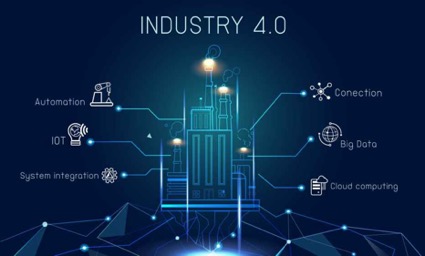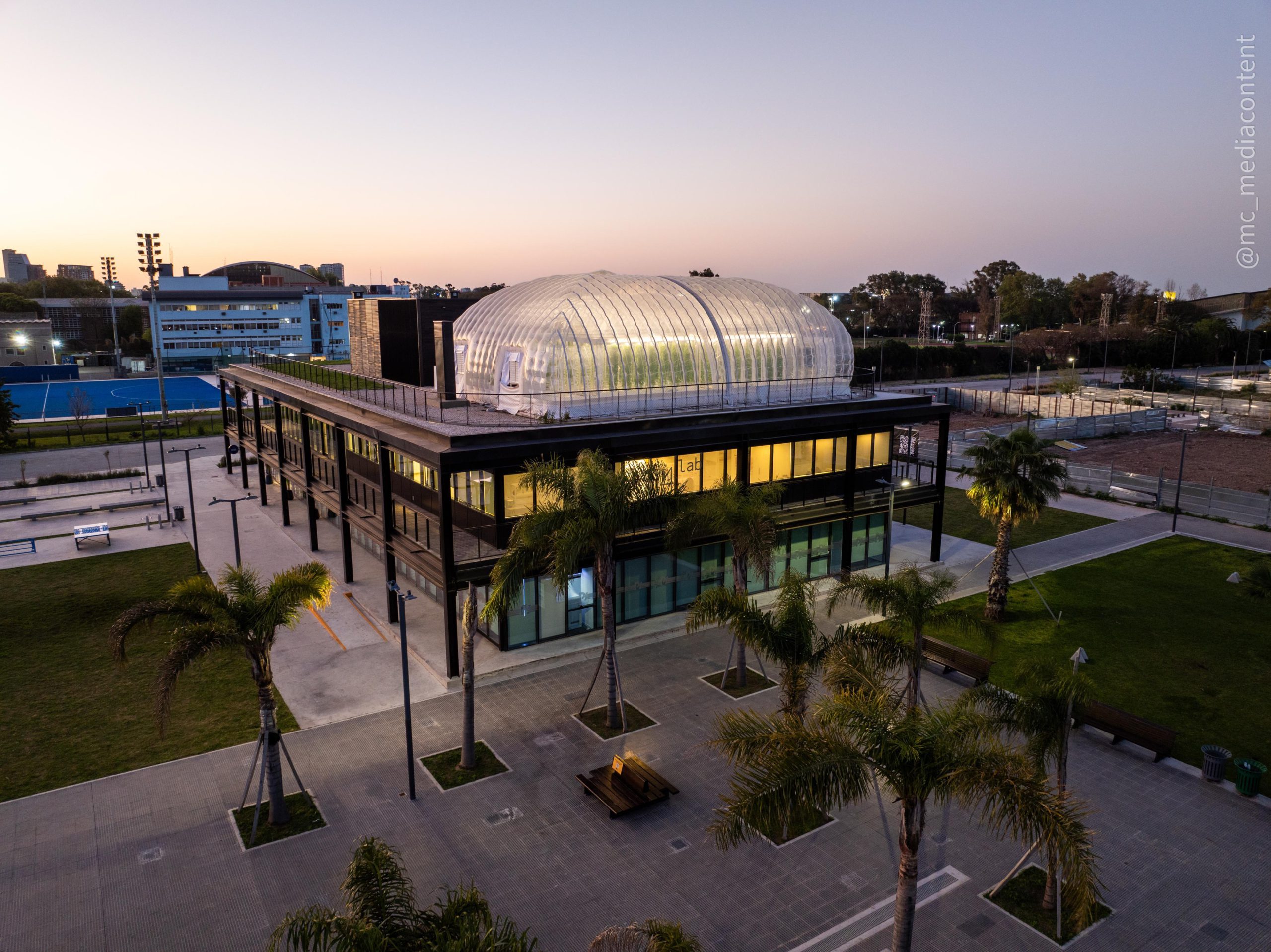Artificial Intelligence (AI) is the combination of several technologies, which allow software and machines to sense, understand, act and learn on their own or augment human activities. Through Artificial Intelligence, industrial production can achieve higher efficiency compared to human labor.
Moreover, AI can enable robots to perform tasks that a person would not be able to do, for example, handling dangerous raw materials or microscopic components.
It is essential to know that, at this moment, many of these industrial robots are not that smart. In many cases, they can even perform many skillfully tasks, but they are programmed in a limited way. If you need something more, you need to reprogram it.
There is a constant growth in the area driven by the fact that this technology increases with Industry 4.0. Artificial Intelligence evolves, and its costs decrease.
Implementing more complex AI algorithms has also enabled Industries to evaluate the acquisition of new technologies, which allow them to solve problems and carry out decision making in a more complex and secure way.
AI applied to manufacturing
During the last years, Artificial Intelligence has been adopted in production lines. Still, companies from the most diverse sectors and sizes worldwide are already adopting intelligent technologies that allow them to automate and improve processes.
Intelligent manufacturing utilizes real-time data analysis, artificial intelligence (AI), and machine learning in the manufacturing process to accomplish the above optimizations.
This field is projected to grow visibly, according to TrendForce. Which estimated that the global smart manufacturing market should increase to more than $ 320 billion by 2020, with the number of industrial robots installed in the factories grow to more than 2.6 million.
Artificial Intelligence has several advantages for the manufacturing industry when applied with the right approach. The most relevant advantages for the manufacturing sector today:
- Human error minimization. After being trained, intelligent algorithms can perform very well tasks that are susceptible to errors in processes executed by humans. Since algorithms are not susceptible to external factors, they should be unlikely to suffer these factors’ consequences.
- Resources Optimization. Several e-commerce stores or banks are using robots to initiate customer services. The human attendant is only called if it is a more complex problem. With this approach, companies can reduce employee costs or designate employees to other tasks in more strategic areas that can increase profit and focus on their business.
- Business Growth. With fewer errors and employees focused on more critical processes, business decision-makers will have more time to think about the core business and leave other AI tasks.
Industry 4.0 is already a reality for a large number of companies across the world. Still, it is worth saying that all the changes required to enter this industrial revolution and to achieve the benefits that may come with it fully will not happen overnight.
As with Digital Transformation and Automation, this is an ongoing process that is continuously improving. As we can see, AI is one of the most important components of the new technological revolution.





